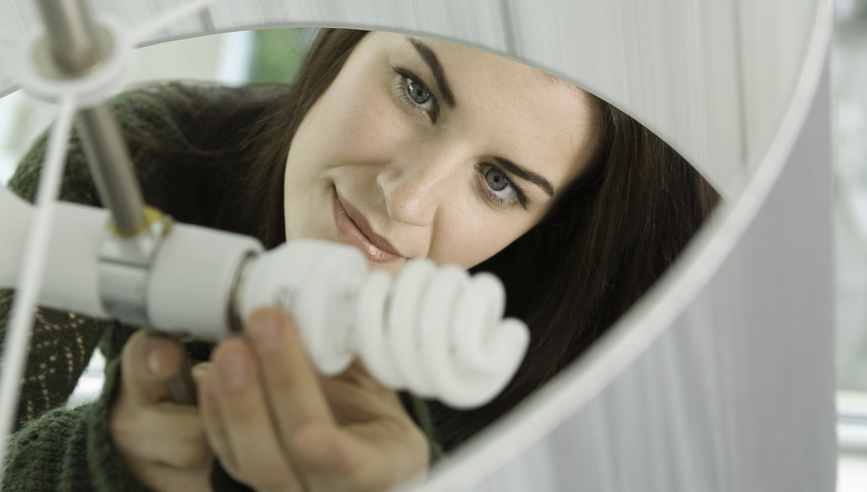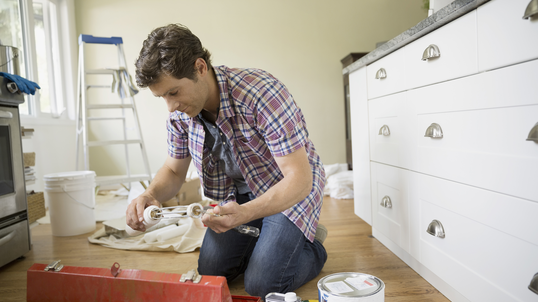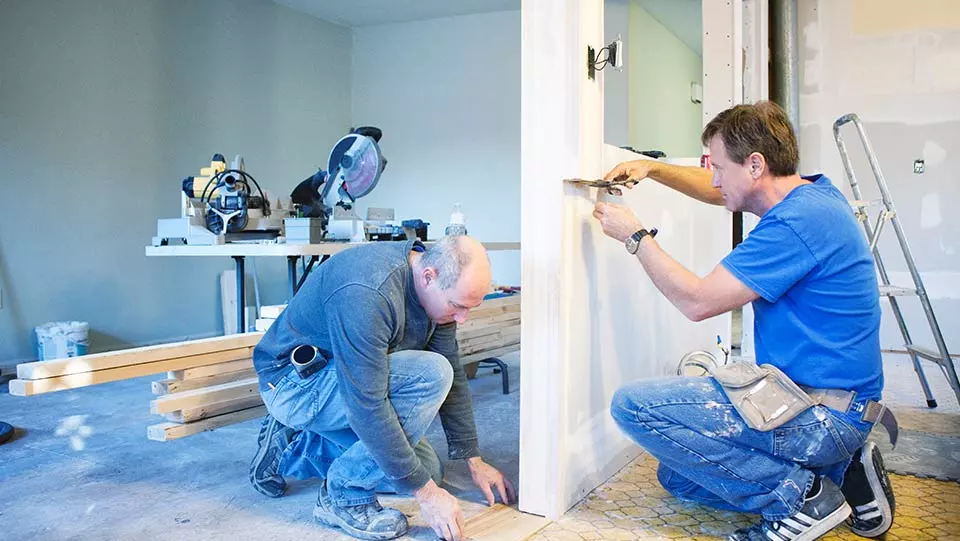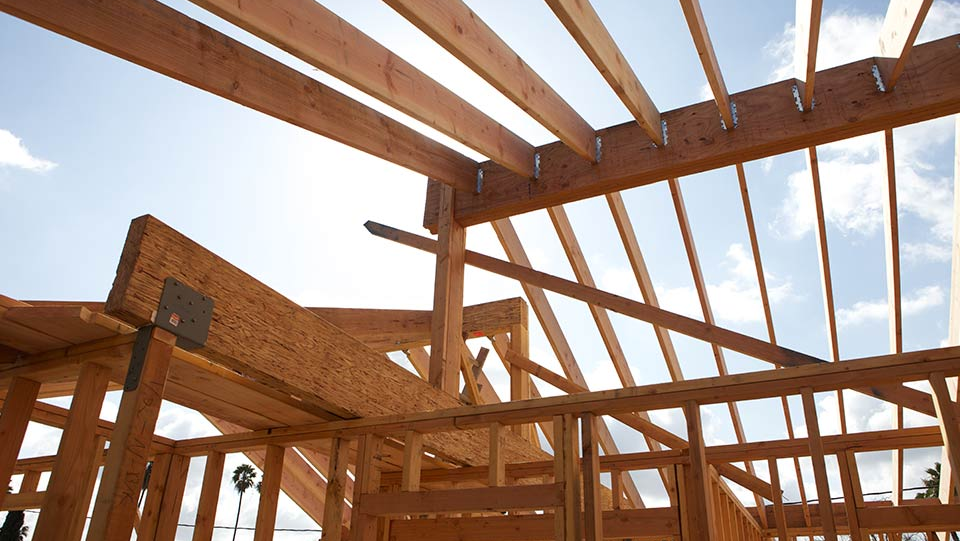How to Make Your Home More Energy Efficient


Extreme temperatures, from wintry winds to summer heat waves, can make us more mindful of the importance of an energy-efficient home. But no matter the season or which climate you live in, taking a few key steps can make a significant difference on your energy bills and improve the comfort of your home.
That’s because making your home more energy efficient can do more than help control temperatures. Mold, excessive dust, ice dams, moisture on windows, sinus problems and inordinate noise can also be potentially addressed by making home improvements.
Rather than one-off solutions, such as adding insulation or replacing dated appliances with more energy efficient ones, ENERGY STAR® recommends a more holistic approach. Their Home Performance survey, conducted by a qualified contractor, can help homeowners identify specific problems. For example, ice-cold kitchen floors, a second-floor bedroom that’s too hot in the summer or high energy bills, might be signs of larger issues.

Travelers wants to help you protect the things that matter to you. We offer a wide breadth of products so you can be covered at home and on the road.
According to ENERGY STAR, here are some improvements that homeowners typically make after an audit of their home:
- Air sealing and adding insulation. Sealing up all of the small holes throughout your home can improve energy efficiency and also keep out dust and pests. Attics and basements can be primary culprits, but doors and windows can also account for air leaks.
- Lack of insulation in the attic or air leaks around pipes and chimneys can lead to escaping heat in the winter.
- In the basement, leaks are common where the basement walls meet the floors above.
- Leaks around doors, windows and pipes may be sealed with caulk or expanding foam.
- Crawlspaces can draw in cold air in the winter and humid air in the summer.
- Heating and cooling. Systems that are more than 10 years old can be replaced with models that have earned the government’s ENERGY STAR rating.
- ENERGY STAR-rated heating and cooling systems, when properly installed and used correctly, can help homeowners save up to 10 percent on home utility bills.
- When used correctly, an ENERGY STAR-rated programmable thermostat can provide additional savings and increase comfort by having your home programmed based on your schedule.
- Ducts. Forced hot air and central cooling systems use ducts to move air throughout the home.
- If some rooms in the house are never comfortable, it could be due to gaps, leaks or tears in ductwork.
- Sealing leaks and making sure ducts are straight and properly connected will help increase the home’s energy efficiency, while making those difficult-to-heat-or-cool rooms more comfortable.
- Lighting and appliances. Replacing appliances with ENERGY STAR-rated versions can save money on utility bills.
- Refrigerators, clothes washers and dryers, dishwashers, and lighting fixtures are among the more than 50 kinds of products that carry the ENERGY STAR label.
- These products also help reduce greenhouse gas emissions.
After a home contractor inspects your home, you should receive a detailed work proposal following the evaluation. The contractor may have other recommendations, such as installing solar panels or a solar hot water system. Homeowners can expect to save 20 percent or more on the annual utility bill, depending on the type of improvements. For more details and to find a participating contractor, visit www.energystar.gov.
Learn more about Travelers homeowners insurance products, or if you’re ready to take the next step, click here to get a quote or find an agent.



